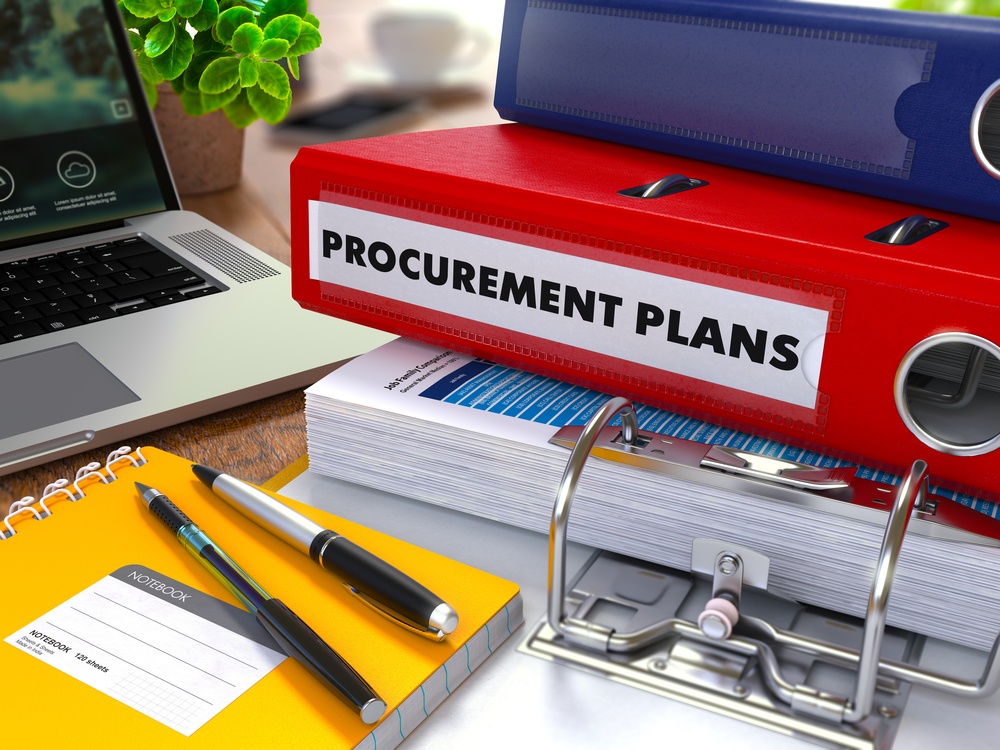Updated December 2025
When you think about career colleges, what sorts of programs come to mind? Many people instantly think of courses like health care aide, office administration, and computer networking. And while those certainly exist, the full range of course offerings is far more diverse than you might imagine.
Keep reading to learn about some unique career college programs that often go unnoticed but offer a specialized education leading to exciting career prospects.












